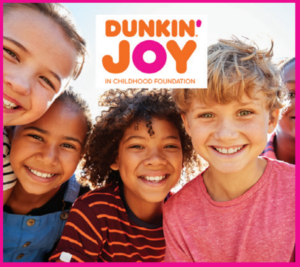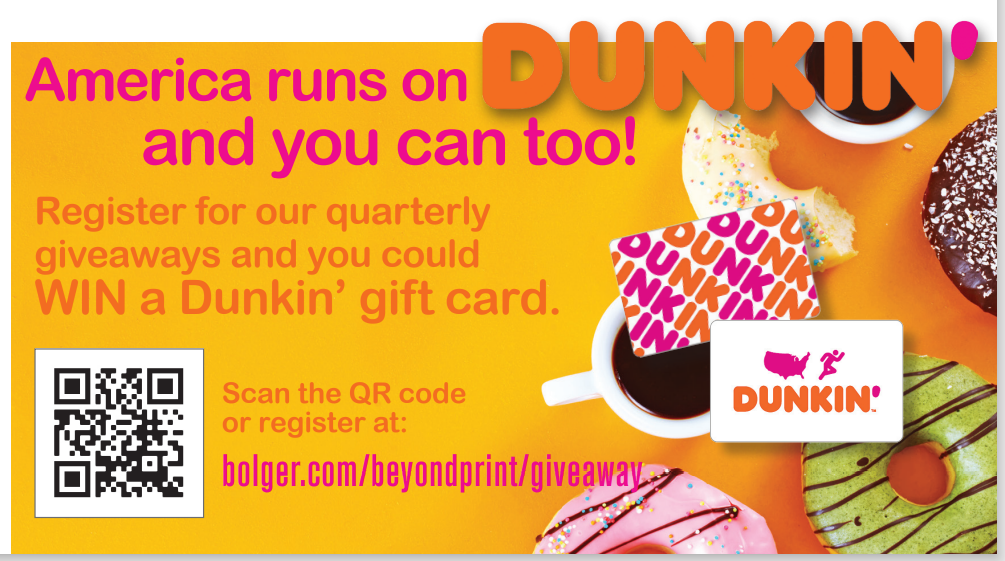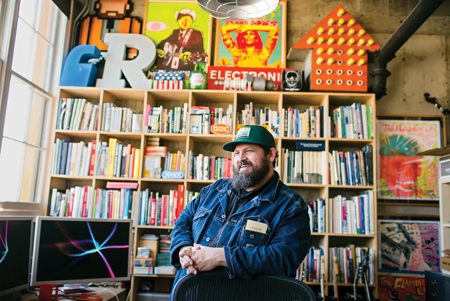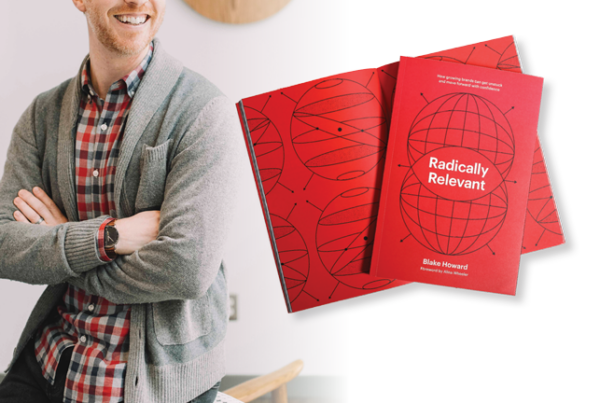If you’ve ever driven—or walked, for that matter—anywhere in Massachusetts, you’ve seen a Dunkin’ Donuts. The state’s roads seem to have been constructed to connect the fast-serving restaurants with the orange-and-pink signs. That makes sense, considering that the Dunkin’ Donuts story began in the Boston suburb of Quincy in 1948, when William Rosenberg started serving 5-cent donuts and 10-cent coffee at his restaurant, Open Kettle.
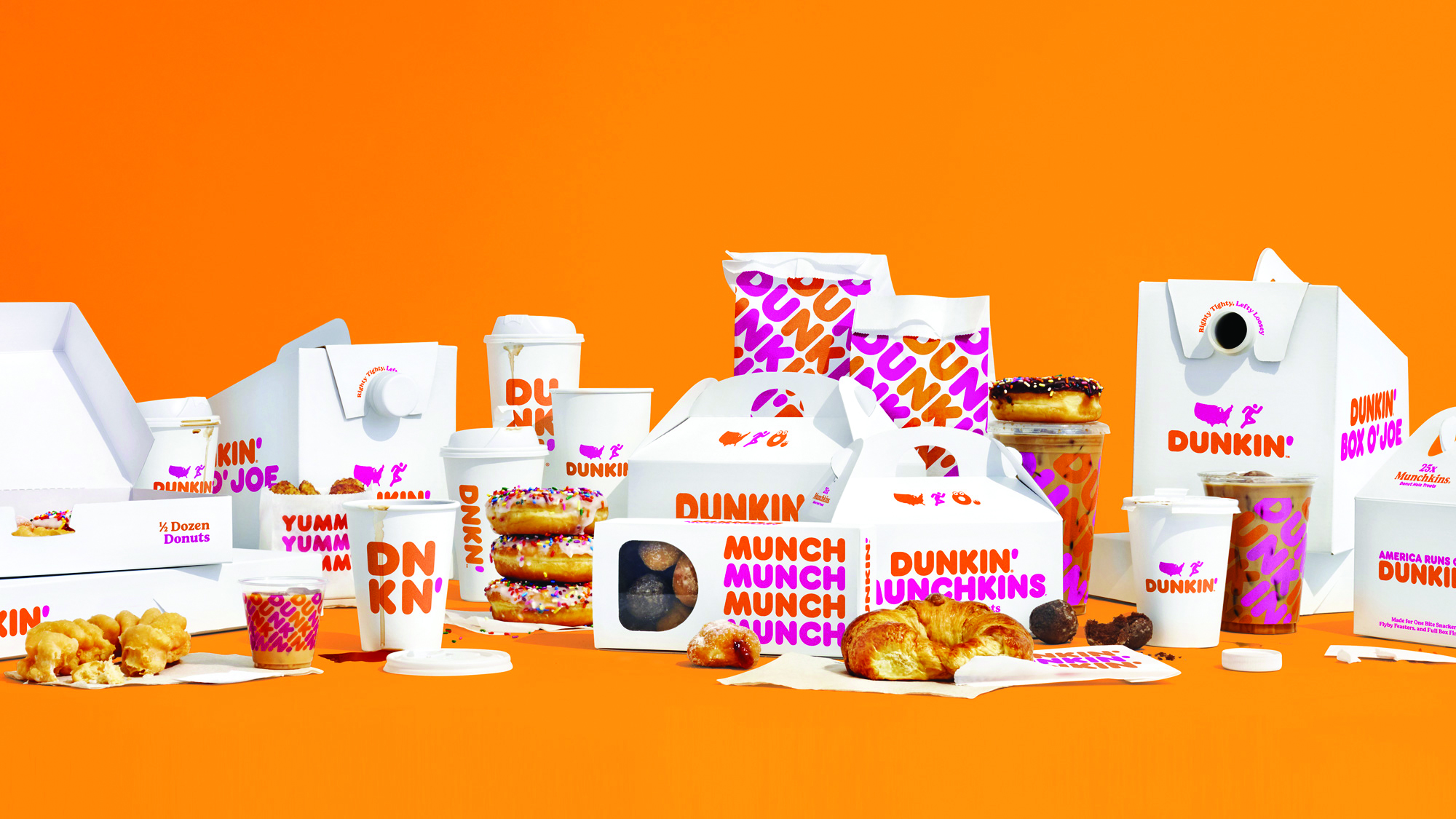
Two years later, Open Kettle was renamed Dunkin’ Donuts, and the first franchise agreement was signed in 1960. By 1963, there were 100 restaurants, and the first overseas Dunkin’ opened in Japan in 1970. Today, Dunkin’ Donuts is owned by Inspire Brands, which snapped up the chain in 2020 for $11.3 billion and started rebranding the company as simply Dunkin’. The headquarters are located in the town of Canton, not far from Rosenberg’s original restaurant, but the brand’s reach is undoubtedly global. There are 12,600 restaurants in 40 countries around the world offering 70 varieties of donuts and serving more than two billion cups of hot and iced coffee annually. The devotion of its consumers borders on addiction. Need proof? Dunkin’ has earned the number one ranking for customer loyalty in the coffee category by Brand Keys for 14 consecutive years.
Still, if it’s true that “America runs on Dunkin’” (as the company slogan says), it’s not only because they opened franchises on every street corner in the Greater Boston area; much of it is due to clever marketing. Back in 1982, Dunkin’ Donuts made a TV commercial starring fictional employee Fred the Baker rising early to make fresh donuts in a zombielike slumber. Fred’s line—“Time to make the donuts!”—became synonymous with the brand for years, and it even was used as a catchphrase when people woke up early to do normal life. Named one of the best TV commercials of the 1980s by the TV Bureau of Advertising, Fred the Baker would be used in subsequent ads for various Dunkin’ products in the years that followed. Fred became so popular that Dunkin’ eventually staged an employee “retirement” for him in to appease fans who didn’t want to see him go.
“Dunkies” (as Boston locals call it) has evolved its marketing since the days of Fred, and today the brand messaging is an integrated effort of traditional advertising, a renowned loyalty perks program, strong sustainability efforts, and extraordinary philanthropic efforts. To keep up with marketing trends, in 2020, the brand created the role of Chief Digital and Strategy Officer to ensure that its digital efforts would keep pace with the times as they jumped into the deep end of social media. More than 21.7 million people have downloaded the Dunkin’ mobile app, and the @dunkin Instagram account has 2.2 million followers.
To effectively connect with Generation Z consumers, Dunkin’ has also embraced TikTok, where it now has three million followers. In 2020, they collaborated with TikTok star Charli D’Amelio, who has more than 100 million followers and has often filmed herself making a run to Dunkin’ for her favorite cold brew. Dunkin’ even officially named her favorite drink after her—the Charli—to appeal to Gen Z consumers. On the day the Charli launched, Dunkin’ reported a 57 percent increase in daily mobile app downloads and 20 percent boost in cold brew coffee sales. Beyond D’Amelio, the company relies on a cast of TikTok influencers to advertise new drinks on the menu. Today, the Dunkin’ TikTok account is full of original (and often viral) content that taps into this younger audience.
Still, the Dunkin’ marketing strategy relies on more than just celebrity endorsements. In 2018, the brand used Instagram to target a younger generation of coffee drinkers through micro-influencers (mostly young women with 1,000–10,000 followers) who could engage their followers with realistic but sponsored posts. The Gen Z connection has a payoff on the menu, too, where Dunkin’ has added options such as avocado toast, oat milk, matcha lattes, and a matcha-topped donut.
Proving that they can be both reactive and modern, the marketing team at Dunkin’ got creative in February 2021 as the COVID-19 pandemic continued to cause wedding postponements across the country. Dunkin’s wedding collection included ring bearer pillows with the brand’s logo and T-shirts for the bride and groom that said the other “knows my Dunkin’ order.” They also partnered with I Do Drive Thru Weddings to give away drive-through weddings at a Dunkin’ in New York.
Dunkin’ has also evolved their DD Perks loyalty program, which started in 2014. In just over six years, the program now boasts more than 18 million members—and by loyalty program standards, that’s exceptional. Throughout the year, members receive exclusive offers, rewards, and bonus points toward their favorite purchases. And it’s easy to see that DD Perks members appreciate being part of the program, based on the way they share content on social media.
Dunkin’ is also not above the occasional stunt to create brand awareness, like when they renamed 2020’s National Coffee Day, calling it “National Dunkin’ Day.” In the lead-up, the brand held a #NationalDunkinDaySweepstakes on Instagram and Twitter, then they gave away a free hot or iced coffee with a purchase. To commemorate the occasion, they created a special logo and released a capsule of limited-edition merchandise. Like most, Dunkin’ is also making efforts to become more sustainable. In 2018, the brand announced plans to eliminate all polystyrene foam cups in its global supply chain. Additionally, 100 percent of Dunkin’s packaging is recyclable where facilities exist, 30 percent is made with recycled content, 35 percent is compostable, and 30 percent is biodegradable. Their napkins are made with 100 percent recycled paper as well. Beyond those measures, the company works with organizations such as the Rainforest Alliance to ensure it has a positive impact on farming communities worldwide and to help ensure sustainable sourcing throughout its global supply chain.
